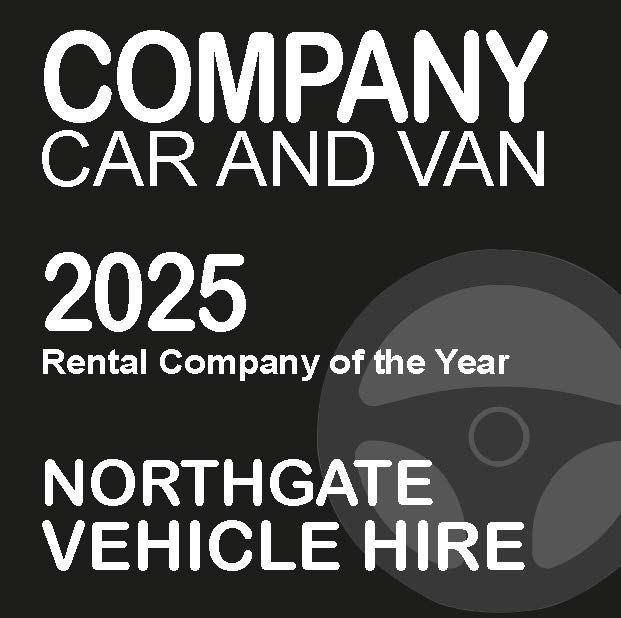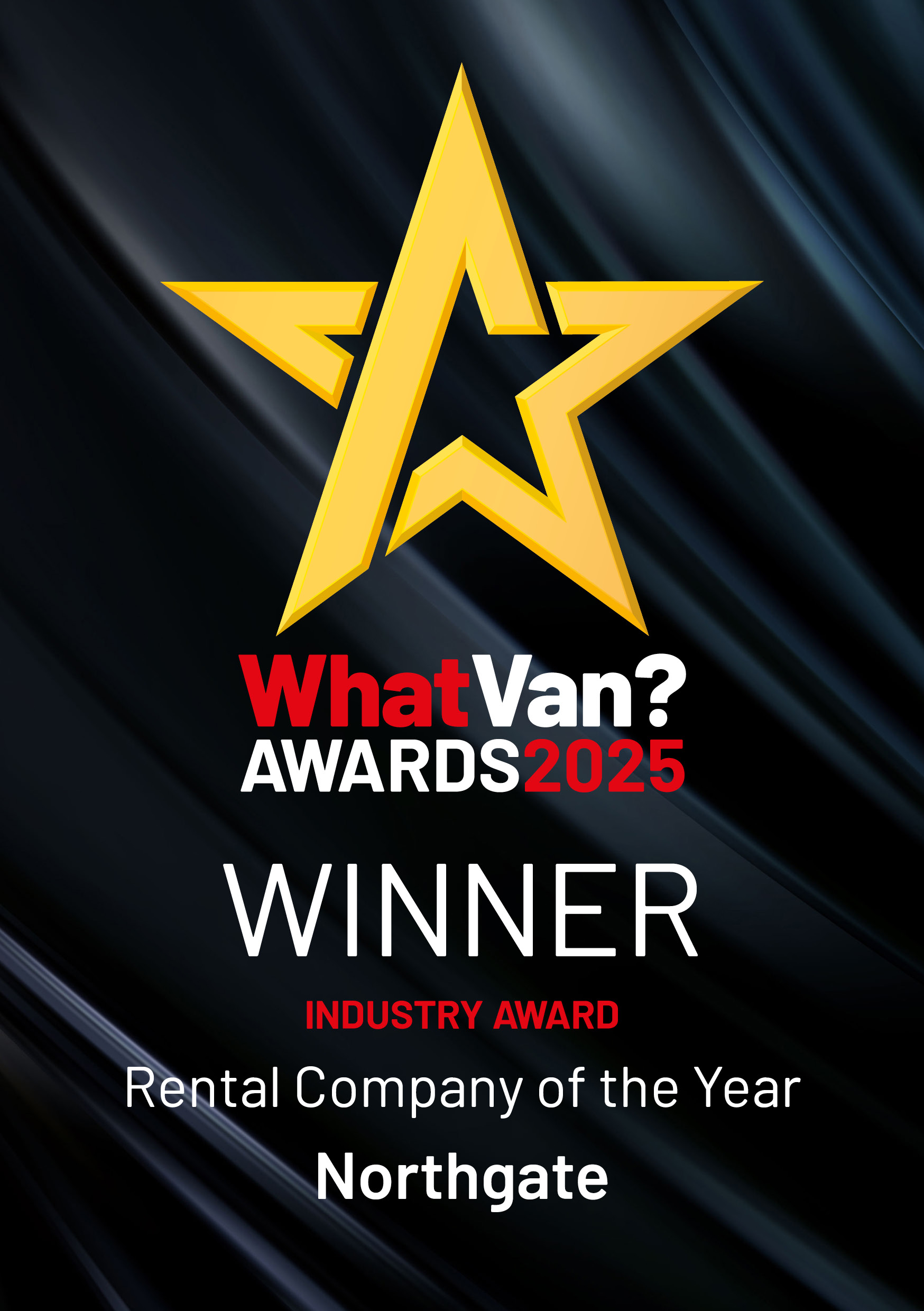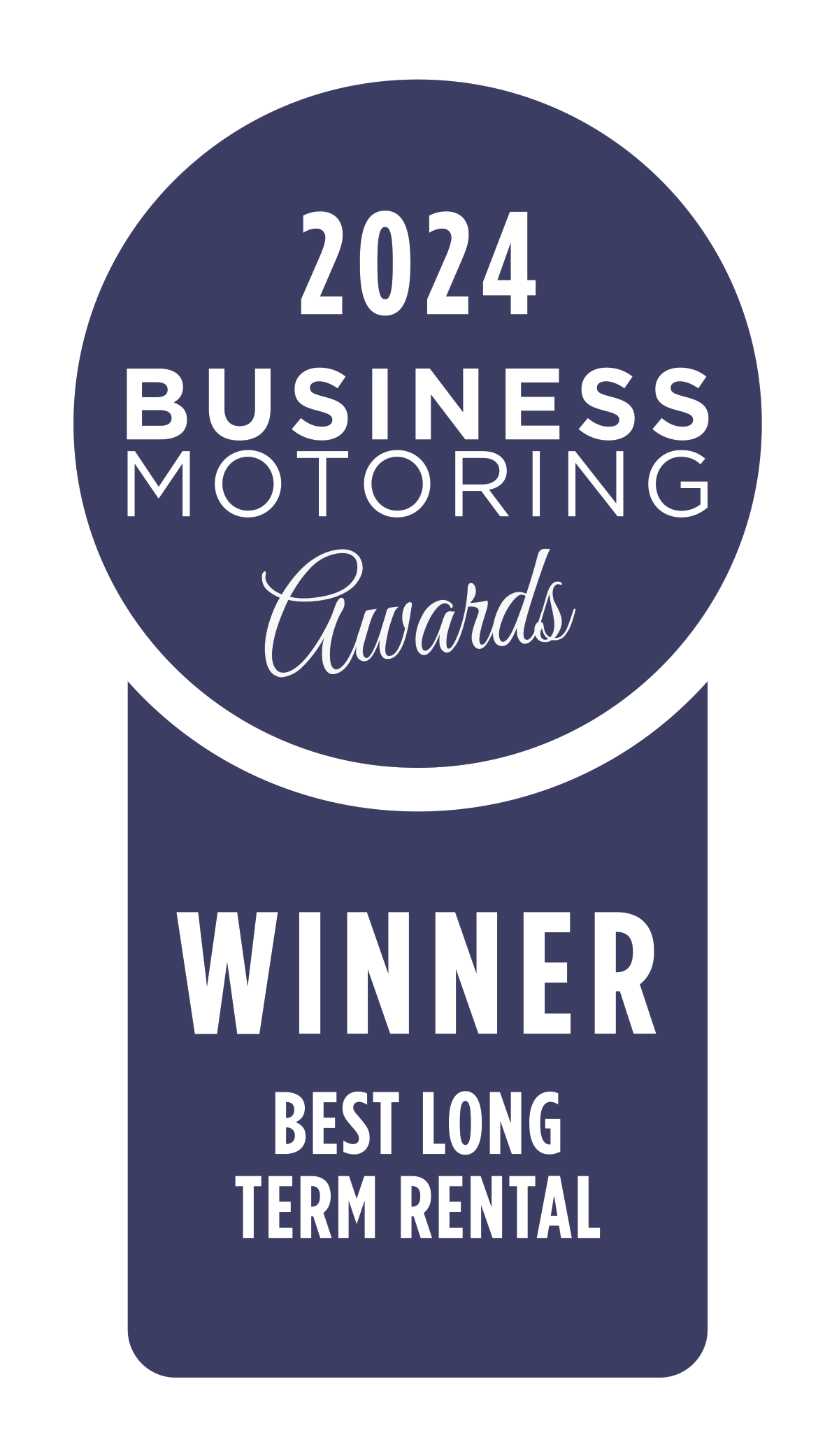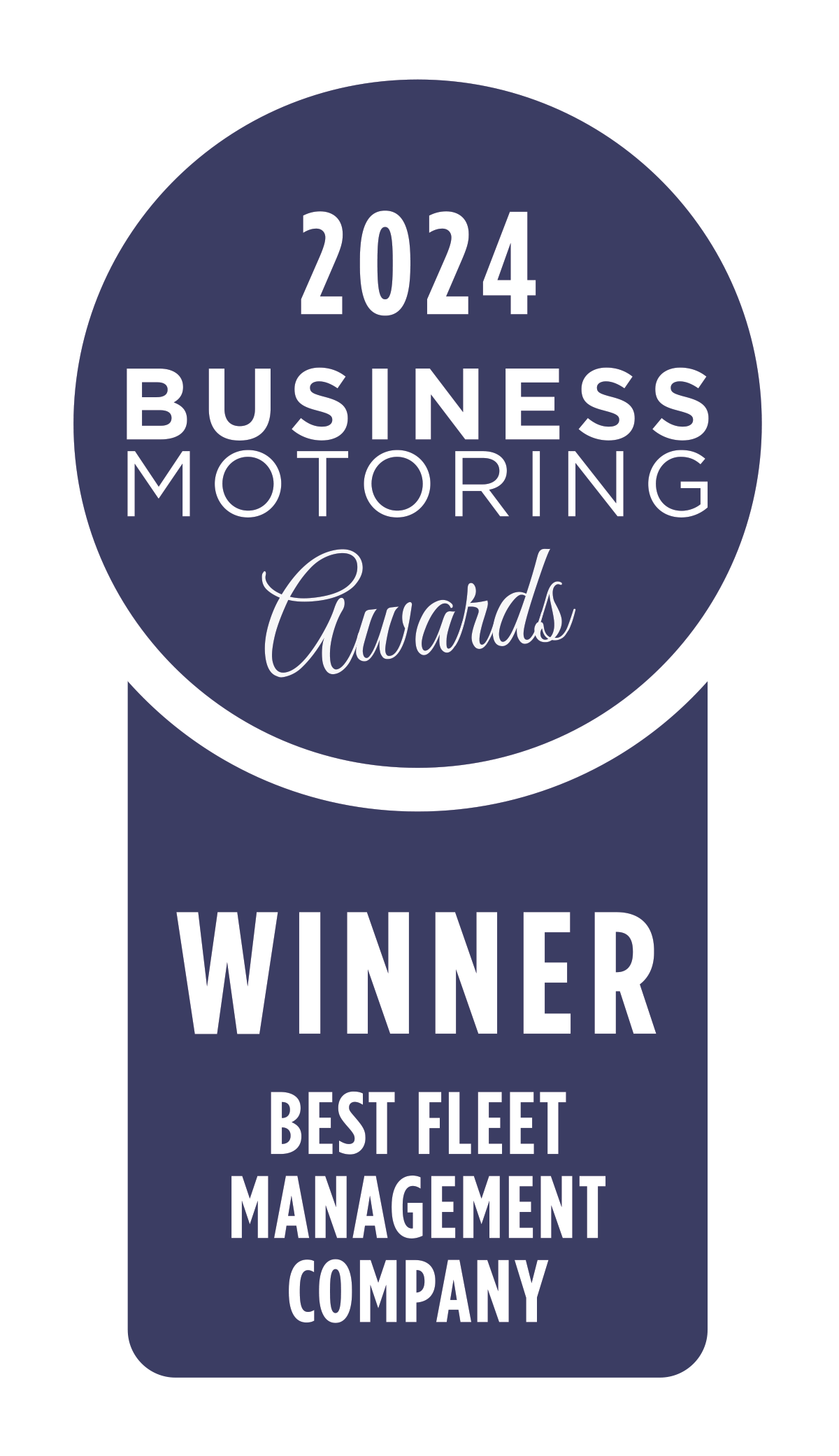Should I hire or buy my business van?
Wondering how to get your business on the road or just reviewing your options? This guide looks at the costs and methods at each stage of a van’s life-cycle – all the way from acquiring your van to getting rid of it.
![]() 18/12/2018
18/12/2018![]() 10 minutes read
10 minutes read
Many businesses feel that ownership brings increased control. And the truth is, it can. However, vehicle ownership is not without its challenges, and it’s these challenges that can lead to unnecessary costs and wasted time.
We take a look at a van's life cycle and the costs at each stage to assist you in working out the most cost-effective and reliable solution for your business.
1. Start of the life cycle: Acquiring your commercial vehicle
Capital Outlay
Purchasing a vehicle requires capital outlay that ties up cashflow. The amount of capital outlay depends on the type of vehicle, how old it is and whether you need to use a business loan. Because of the capital outlay, funds are tied down in your vans and unable to be used for things like growing your business.
Age of vehicle
Vehicle hire can make newer vehicles more affordable for your business. Ultimately, high-end vehicles help bridge the gap between the core requirements of a business and the specific needs of certain projects and specialist work. This can range from the addition of beacons and stickering that ensure compliance with site working, to towbars for pulling generators.
Older vehicles are generally cheaper, but they also tend to need more maintenance. It is also likely that an older van will not be as fuel-efficient as a newer one. Going for an older van because it’s cheaper could mean paying more over time. When you factor in the cost of maintenance and fuel efficiency, choosing a newer van could mean making some savings over time.
There’s also the fact that the appearance of a van will contribute to how your business is perceived. Old and tired vans will not impress customers or drivers as much as a van that is in pristine condition.
> Read more about the customisation options available with vehicle hire.
Euro 6 Compliant
If your van meets the emissions standards of Euro 6, it could save you money on ULEZ and CAZ charges.
Older vans that aren’t Euro 6 compliant typically produce higher pollution and may encounter CAZ or ULEZ penalties depending on the zone you operate in. For this reason, electric vans that produce zero emissions are also gaining popularity.
Fuel Efficiency
If you only need a van for making short trips, it can work out cheaper to buy a used van. If you will rarely use a van – flexible hire could be the better option.
Less efficient vehicles are going to cost more in fuel, especially if they will be used for high mileage. In fact, a difference in just 10mpg can increase costs by £1000 a year – for every 10,000 miles. Here’s a breakdown of the maths:
- Gallon = 4.5 Litres (rounding down)
- Avg cost. £1.24 for Petrol and £1.30 Diesel (using BBC fuel calculator as of 23.12.2018)
- 20mpg to 33 mpg = 200 gallons difference over 10,000 miles.
- (200 gallons x 4.5) x £1.30 = £1,170 savings.
- The savings in fuel are even starker in lower brackets of MPG – take a look at the ‘MPG illusion’.
Customisation
When buying or hiring your van, these customisations could come at an additional cost
- Ply lining
- Racking
- Roofing
- Livery
- Telematics
2. Middle of the life-cycle: Maintaining your commercial vehicle
Overall costs of maintenance to your business will increase with fleet size. Servicing, tyre changes, and road tax are just some of the things to consider. Here are some costs of maintenance that can easily be overlooked.
Downtime
The cost of replacement vehicles, parts, labour, and the time it takes you to solve the issue can all add up. Stats from The Society of Motor Manufacturers and Traders (SMMT) show that the average age of scrapped vans is 12.6 years. Based on usage, many businesses will be incurring the costs of maintaining their vehicles and downtime. Here’s a breakdown of the average costs found in a RAC survey:
£500 a day x routine down-time of 1.5 days = £750.
MOTs
Older vehicles are generally more prone to faults and require yearly MOT tests. The MOT test results between 2019 to 2020 show that the initial failure rate for commercial goods vehicles was just over 40%. Hiring a newer vehicle will reduce your chances of encountering high MOT costs.
The law and regulations on heavy payloads
Overloading causes strain on your vehicle and can increase the chances of breakage. This strain on your vehicle may not only result in higher maintenance, it is also likely to be against the law. The DVSA will issue a £100 penalty for a 0% to 9.99% overload, but DVSA examiners will allow a 5% leeway before issuing a fixed penalty or prohibition unless the relevant weight has been exceeded by 1 tonne or more.
Usually, a fixed penalty would be inappropriate for serious cases of overloading - for example when the vehicle is overloaded by 30% and over, or the excess weight is 5 tonnes, a court summons would be issued instead.
3. End of the lifecycle: Disposing of your commercial vehicle
Depreciation
Upon leaving the forecourt, a new vehicle is liable for losing a portion of its value due to depreciation. Depreciation continues from that point at a rate of around 20% per year (based on an average of 10,000 miles per year). If you own a vehicle and you are considering selling it, depreciation should be factored in to work out the return on your investment.
Disposal of vehicles
When you own a vehicle, how you dispose of or sell it can impact its cost-effectiveness. Selling your vehicle can be time-consuming and may not lead to a good return, depending on the method you choose.
For example, auctions are a common method for businesses looking to sell their vehicles, but it is unlikely to provide the best return.
How Northgate can help?
If you are looking for flexibility in choosing and customising your new vans, our expert fleet consultants are on hand to help and provide you with all our services.
You can choose from a range of stocked vans or our growing selection of electric vehicles to meet your needs, whether you’re looking for plain, customised or specialist.
We help businesses across the UK in meeting their commercial vehicle needs cost-effectively and reliably.
Looking for further advice on whether hiring or buying is more cost-effective for your business? Arrange a call with one of our expert fleet consultants.







